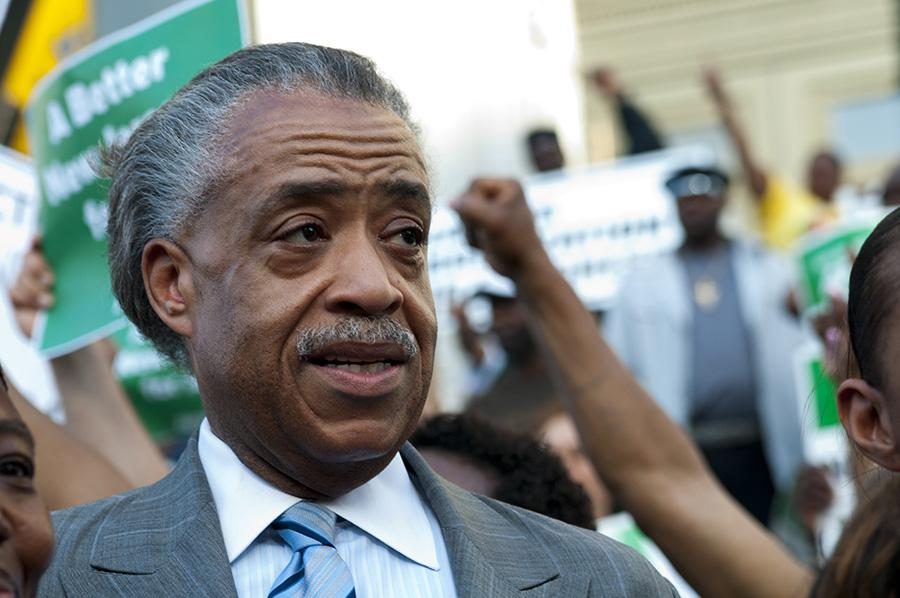Summit centers on education, inequality
via flickr.com
October 6, 2014
National Action Network hosted a two-day Education Summit on Oct. 1 and 2 at NYU’s Eisner & Lubin Auditorium in the Kimmel Center for University Life.
The summit was opened by NAN founder and president Rev. Al Sharpton, who celebrated his 60th birthday at the summit, and featured panels that gave educators, counselors, administrators, policy makers, parents and students in the New York City area an opportunity to raise their voices and express their concerns with the educational system.
“I wanted to have an education summit around the inequality based on race in education and we conclude this with a policy position for NAN that I’m going to present to [President Barack Obama] and [Secretary of Education] Arne Duncan,” Sharpton said.
The summit featured a fundraiser, a gospel music festival and several break-out sessions, during which expert panelists discussed issues ranging from education technology to racial biases in academia.
NYU President John Sexton also spoke at the conference and discussed the importance of education for building community.
“The trick now is going to be how do we create in this world, where we still maintain the wonder of diversity and individualism, how do we create communities of communities — not a melting pot where we make everyone the same, but how we bind together,” Sexton said. “The heart to that’s going to be education.”
Following the conference, NAN presented its white sheet, which outlined the organization’s issues with topics including teacher accountability and the new common core program, to Obama and Duncan.
NAN acting national executive director Janaye Ingram said she thought the inclusiveness of the summit was important for its success.
“So many times we have these conversations [about education], and the general community — parents, students, teachers, advocates — are left out of the conversation,” Ingram said. “What the National Action Network has been able to do is bring together the experts at the top with the people at the grassroots, and to have us work together as a larger community to address the issues of educational inequalities.”
CAS freshman Janve Sobers said she has faced challenges in her effort to receive equal education as a black woman.
“I saw this summit as an opportunity to join the larger, national fight,” Sobers said. “I wanted to learn how I could be a better activist in my own school and my home community. I hope that people have gained a sense of determination and empowerment [from this summit].”
GSAS student Andrew Francisque said he has had a similar experience and hoped the summit would foster a sense of community between attendees.
“All my life, I’ve been black and educated, and all my life, I’ve dealt with the black internal struggle, especially in terms of education,” Francisque said. “I hope attendees take home a sense of solidarity, and I hope that, in the future, more people will support events that are geared toward supporting them.”
A version of this article appeared in the Monday, Oct. 6 print edition. Email Romie Williams at [email protected].
























































































































































